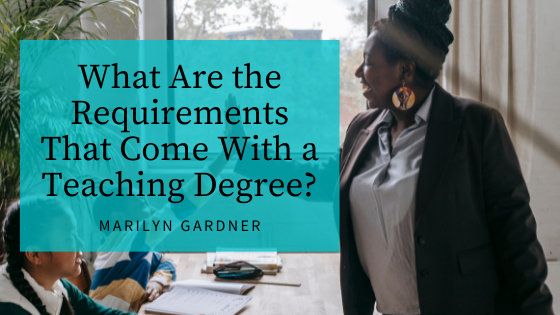You’ve always dreamed of being a teacher and positively impacting kids’ lives. But along with its rewards, teaching can have its share of frustrations. And it’s hard work. You have to be at the top of your game all day to keep your kids engaged. And you have to be prepared to do a lot of paperwork, be well organized, keep a lot of balls in the air at the same time, and meet with parents, who can sometimes be difficult.
You have to be prepared to listen to your kids and give guidance, too. They’ll tell you about everything from worrying about failing in school to bullying and abusive parents.
Is teaching for you? Experts suggest trying it out before you begin your coursework. Get a job as a substitute teacher, teaching assistant, or tutor, become a child’s mentor or help at an after-school program. Talk with your teachers, too. They’ll give you advice and guidance and tell you what it’s really like to be a teacher.
Educational Requirements For Becoming a Teacher
All teachers need a bachelor’s degree from an accredited college. Courses in curriculum design and development, child development and child psychology, teaching methods, and assessment are usually part of the program. You’ll have to do some student teaching, too.
While you don’t need to major in education, you’ll need to complete the required coursework to qualify for certification. One option is to do a double major in education and a second topic that interests you.
Teacher Certification and Licensure
Many schools use the Praxis Core Academic Skills for Educators tests as an entry exam for students who want to become teachers. The tests measure a student’s basic reading, math, and science skills.
You’ll have to take Praxis tests or tests similar to them again when you graduate to qualify for certification. The Praxis Principles of Learning and Teaching look at a future educator’s understanding of instructional theory and student learning.
The Praxis Elementary Education: Content Knowledge for Teaching tests assess how well future teachers can apply their knowledge of reading, math, language arts, and social studies in the classroom.
Public school teachers need to be licensed, too. Since every state has different regulations, be sure to look into your state’s licensure requirements.
